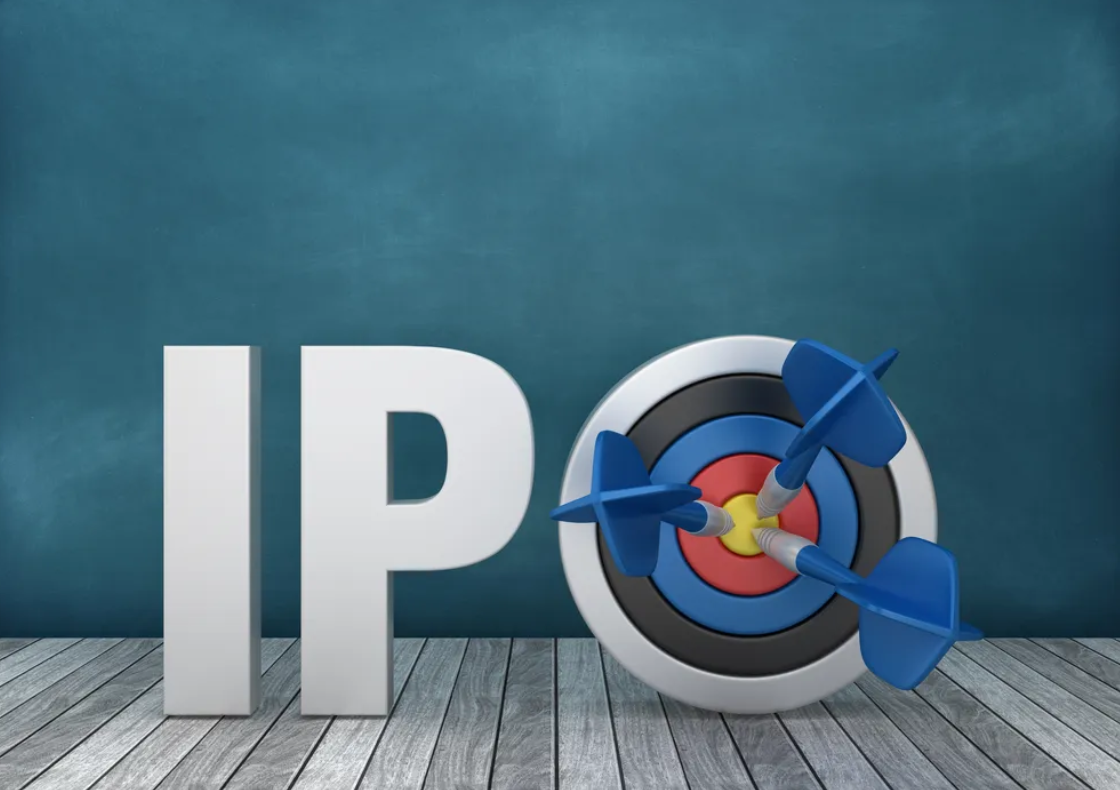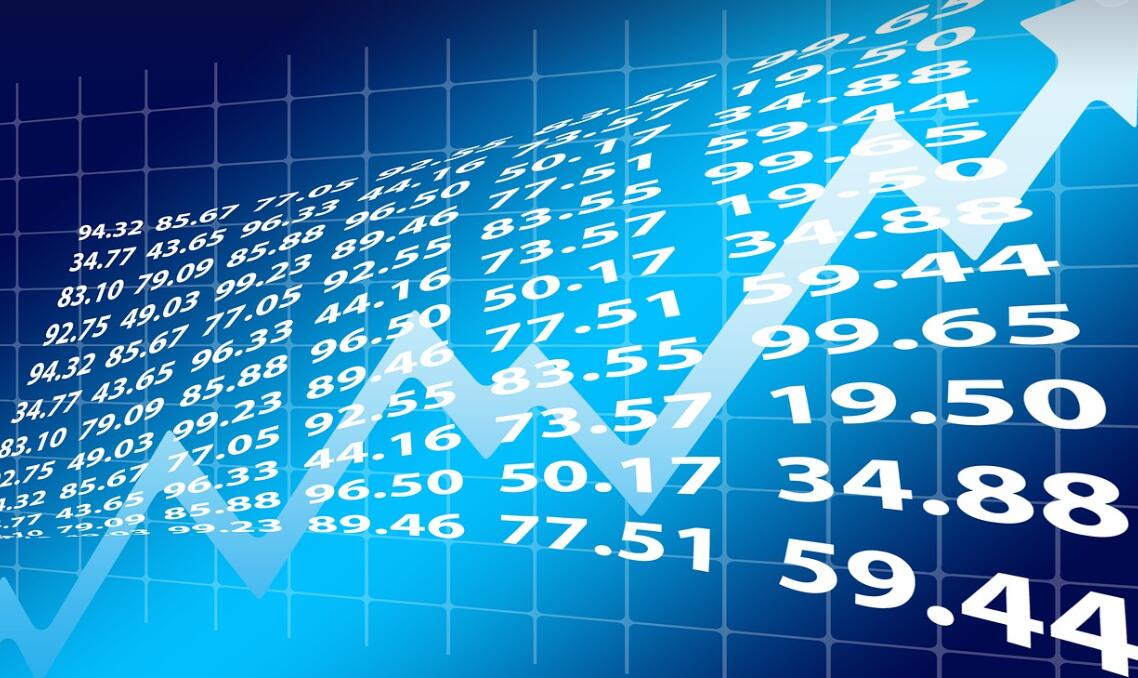IPOs (Initial Public Offerings) have long been a vibrant part of the financial world, with some offerings going on to achieve staggering success. In this article, we explore the 25 most substantial U.S. IPOs of all time. These are the companies that embarked on their journeys as publicly traded entities and etched their names in the annals of financial history.
- Alibaba Group Holding Ltd. (BABA)
Alibaba’s IPO in 2014 is an epic tale. Raising over $25 billion, it holds the record for the largest IPO in history. This Chinese e-commerce giant continues to influence global retail and technology.
- Saudi Arabian Oil Company (Aramco)
Aramco’s IPO in 2019 was closely watched by the world. With a valuation exceeding $2 trillion, it takes the second spot on our list.
- Visa Inc. (V)
Visa, the global payments technology company, went public in 2008 and raised nearly $18 billion.
- AT&T Wireless Group (AWE)
The telecom giant AT&T took its wireless business public in 2000, raising a hefty $10.6 billion.
- General Motors (GM)
GM’s return to the public market in 2010 was a massive event, raking in approximately $18.2 billion.
- Facebook, Inc. (FB)
Facebook’s IPO in 2012 was one of the most anticipated in tech history. It raised $16 billion, marking the dawn of social media’s financial significance.
- General Electric (GE)
GE’s spinoff, Synchrony Financial, held its IPO in 2014 and raised over $3 billion.
- UPS (United Parcel Service) (UPS)
UPS went public in 1999, hauling in approximately $5.47 billion.
- Ford Motor Company (F)
Ford’s subsidiary, Visteon Corporation, had an IPO in 2000 and raised around $1.1 billion.
- Enel Americas S.A. (ENIA)
The Chilean utility company’s IPO in 2016 gathered over $3.4 billion.
- General Motors (GM, Again!)
GM makes another appearance on our list with its subsidiary Ally Financial Inc., which held an IPO in 2014, raising around $2.4 billion.
- Charter Communications (CHTR)
Charter’s IPO in 1999 was monumental, with proceeds totaling approximately $3.5 billion.
- United Parcel Service (UPS, Again!)
UPS spins off its tracking technology company, UPS Logistics Technologies Inc., which had an IPO in 1999, raising nearly $2.6 billion.
- Kraft Foods Inc. (KFT)
Kraft’s subsidiary, Mondelez International Inc., held an IPO in 2012, with the proceedings reaching approximately $3.7 billion.
- Prudential PLC (PUK)
Prudential’s American subsidiary, Jackson National Life Insurance Company, went public in 1994, raising around $2.1 billion.
- The Blackstone Group (BX)
Blackstone’s real estate investment trust, Invitation Homes, had an IPO in 2017, amassing about $1.54 billion.
- Cigna Corporation (CI)
Cigna’s spinoff, Evernorth Health, Inc., held its IPO in 2021 and raised nearly $17 billion.
- Teladoc Health (TDOC)
The telemedicine company Teladoc Health had an IPO in 2015, accumulating around $155 million.
- Goldman Sachs Group (GS)
Goldman Sachs subsidiary, Goldman Sachs BDC, Inc., had an IPO in 2013, raising roughly $124 million.
- T-Mobile US, Inc. (TMUS)
T-Mobile’s spinoff, T-Mobile US, Inc., had an IPO in 2013, gathering approximately $1.8 billion.
- Raytheon Technologies Corporation (RTX)
Raytheon’s spinoff, Carrier Global Corporation, had an IPO in 2020, raising nearly $3.1 billion.
- Berkshire Hathaway Inc. (BRK.B)
Berkshire Hathaway’s spinoff, ITT Corporation, held an IPO in 1995, accumulating about $1.9 billion.
- Amazon.com, Inc. (AMZN)
Amazon, the e-commerce giant, had its IPO in 1997, raising $54 million. It has since become one of the most valuable companies globally.
- Reynolds American Inc. (RAI)
Reynolds American’s subsidiary, Reynolds American Inc., held its IPO in 2014, raising around $2.5 billion.
- Tesla, Inc. (TSLA)
Tesla’s IPO in 2010 was a turning point in the electric vehicle industry, gathering nearly $226 million. It has since become a market leader.
These 25 IPOs represent a diverse range of industries, from technology and automotive to telecommunications and finance. They reflect the ever-evolving landscape of the stock market and the dynamism of the global economy. These offerings have shaped the way we live and invest, and they continue to influence the financial world, leaving their mark on history.


